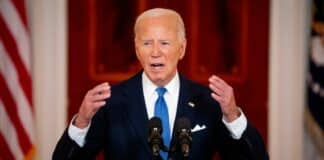The Trump administration’s signature “One Big Beautiful Bill,” signed into law last week, includes a provision pausing federal Medicaid reimbursements to Planned Parenthood for one year. That move prompted Planned Parenthood to sue the administration in a federal court in Boston on July 7, arguing the action is unconstitutional and will endanger health access for more than one million low-income patients.
According to Planned Parenthood’s lawsuit, the defunding clause is a targeted attack on the organization’s nearly 600 health centers. Leadership warns the provision could have “catastrophic consequences,” possibly forcing up to 200 clinics to close and depriving over one million women of vital care.
The legal challenge comes amid a broader conservative policy push. The Trump administration already issued an executive order enforcing the Hyde Amendment in January 2025, prohibiting federal dollars for elective abortions. Congress and conservative advocacy groups supported the Medicaid defund maneuver under the belief that taxpayer dollars should not subsidize abortion providers—even for non‑abortion services. Pro‑life leaders celebrated the move as a long‑sought victory .
At the same time, federal courts and the Supreme Court are reconsidering Planned Parenthood’s eligibility for Medicaid funding in states like South Carolina. A Supreme Court decision in June (Medina v. Planned Parenthood South Atlantic) determined that Medicaid recipients do not have a private right to sue for provider choice—another potential blow to clinic funding.
This case will test where constitutional law, public policy, and moral conviction meet. For conservatives who believe in limited government and the defense of life from conception, the challenge is ensuring that efforts to end taxpayer support for abortion providers remain firm while also encouraging the expansion of life-affirming alternatives and community-based health services.





